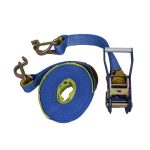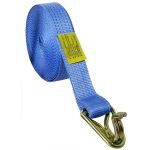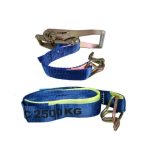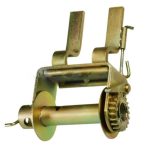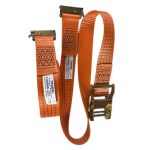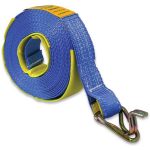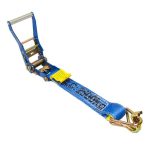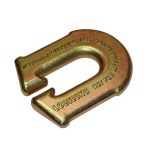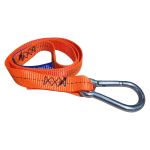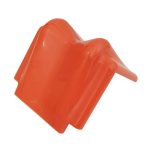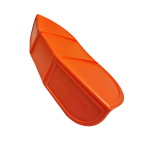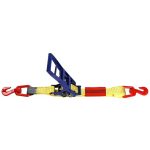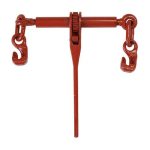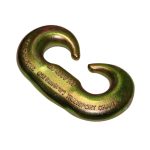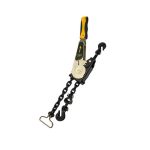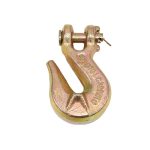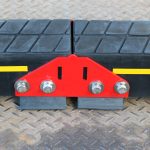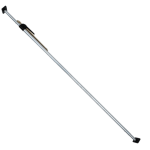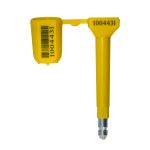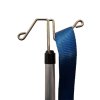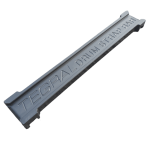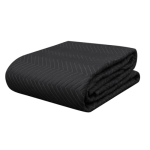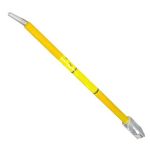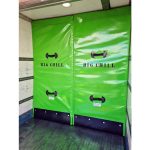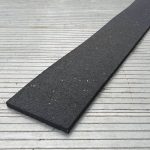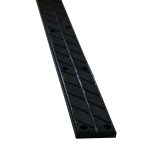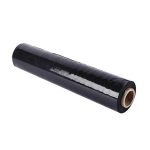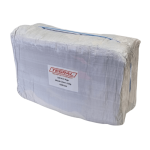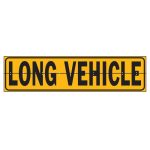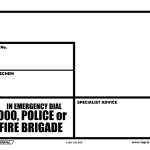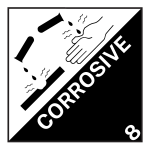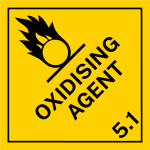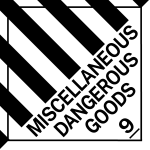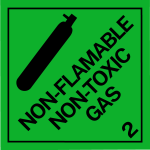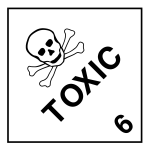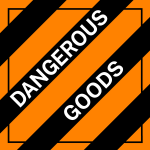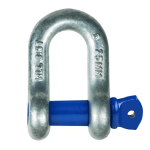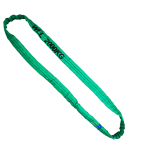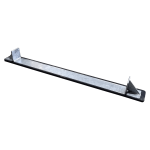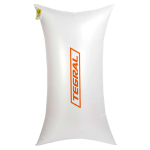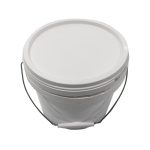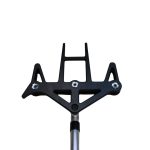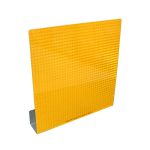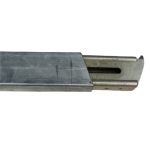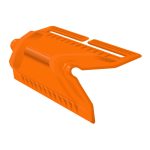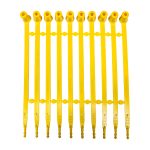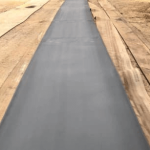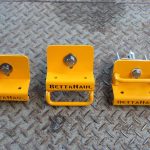It’s no secret that the price of fuel is going up. But what can you do to make sure your fleet keeps running and ensure you don’t pay more than necessary for the time on the job? Here are some ways you can reduce their fuel costs:
1. Plan your routes effectively
Planning your route is an important step in reducing fuel usage. With the right planning, you can avoid traffic jams, speed traps, and tolls. You should also look at avoiding unnecessary stops.
Planning your route effectively can help reduce the impact of high fuel pricing in a range of ways. It will help you to avoid speed traps and tolls by allowing you to plan alternative routes around these areas or by using different roads altogether. Planning your route effectively will also mean that it takes less time than if you were taking an inefficient course through towns or cities with heavy traffic congestion, which means that overall fuel consumption is reduced – thus helping minimise costs associated with high prices at the pump!
 2. Improve your trip efficiency
2. Improve your trip efficiency
You can reduce fuel consumption by turning off your engine when it is not in use. If you are parked, turn off the engine and let the vehicle rest.
If you have to wait somewhere, such as at a loading dock or waiting to pick up a load, do not leave your vehicle running while doing so.
Likewise, if there is no traffic and therefore no need for your vehicle’s idling engine, turn off the ignition until you need to move again.
3. Reduce vehicle weight
Reduce vehicle weight, by removing unnecessary cargo, equipment and even people.
Remove unnecessary cargo. The less weight your vehicle has to haul around the more fuel-efficient it will be. Take only what you need for your trip and make sure that what you do take is packed carefully into the smallest possible space.
Reduce fuel consumption by removing excess fuel tanks from vehicles: sometimes we carry too much gas which adds weight to our vehicles without giving us any additional benefit – if this is the case then remove extra gasoline tanks (if possible) and store these away safely until they are needed again.
Remove unnecessary equipment from your vehicle; if it does not add any value to your trip then leave it at home or in another vehicle. If there are some tools or equipment you may need along the way, consider packing them in a small box or bag that can easily be removed when needed and stored out of sight when not required.
 4. Plan truck maintenance carefully
4. Plan truck maintenance carefully
Understand the importance of maintenance. You’re probably familiar with the saying “an ounce of prevention is worth a pound of cure,” which is one way to look at this issue. If you don’t maintain your trucks properly, they can get damaged and need expensive repairs that would have been prevented by proper care.
Plan for maintenance needs and schedule them accordingly so they don’t interfere with other things such as deliveries or loading/unloading tasks. Make sure that everyone involved in preparing or performing truck maintenance knows what needs to be done and when it needs to be done (e.g., before each shift).
4. Plan truck maintenance carefully
Understand the importance of maintenance. You’re probably familiar with the saying “an ounce of prevention is worth a pound of cure,” which is one way to look at this issue. If you don’t maintain your trucks properly, they can get damaged and need expensive repairs that would have been prevented by proper care.
Plan for maintenance needs and schedule them accordingly so they don’t interfere with other things such as deliveries or loading/unloading tasks. Make sure that everyone involved in preparing or performing truck maintenance knows what needs to be done and when it needs to be done (e.g., before each shift).
5. Use these strategies together to improve truck fuel usage!
The industry has begun to realize the impact of high fuel prices on overall profitability, and most operators are taking steps to reduce their fuel costs. If you need inspiration for how to reduce the impact of high fuel pricing, consider these strategies:
Plan your routes effectively. If you’re spending more time on the road than necessary, there’s no way to save money. Optimize your route planning process so that each load takes only as long as it needs (and no longer), and be sure that your drivers adhere strictly to their schedules so they do not waste time along the way.
Improve trip efficiency—reduce idling time and vehicle weight wherever possible; don’t carry unnecessary cargo if at all possible; use routing software tools like those offered by iQuarius Software Solutions Inc., which can help determine optimum routes based on factors such as safety record, hard braking events or vibration levels; etcetera!
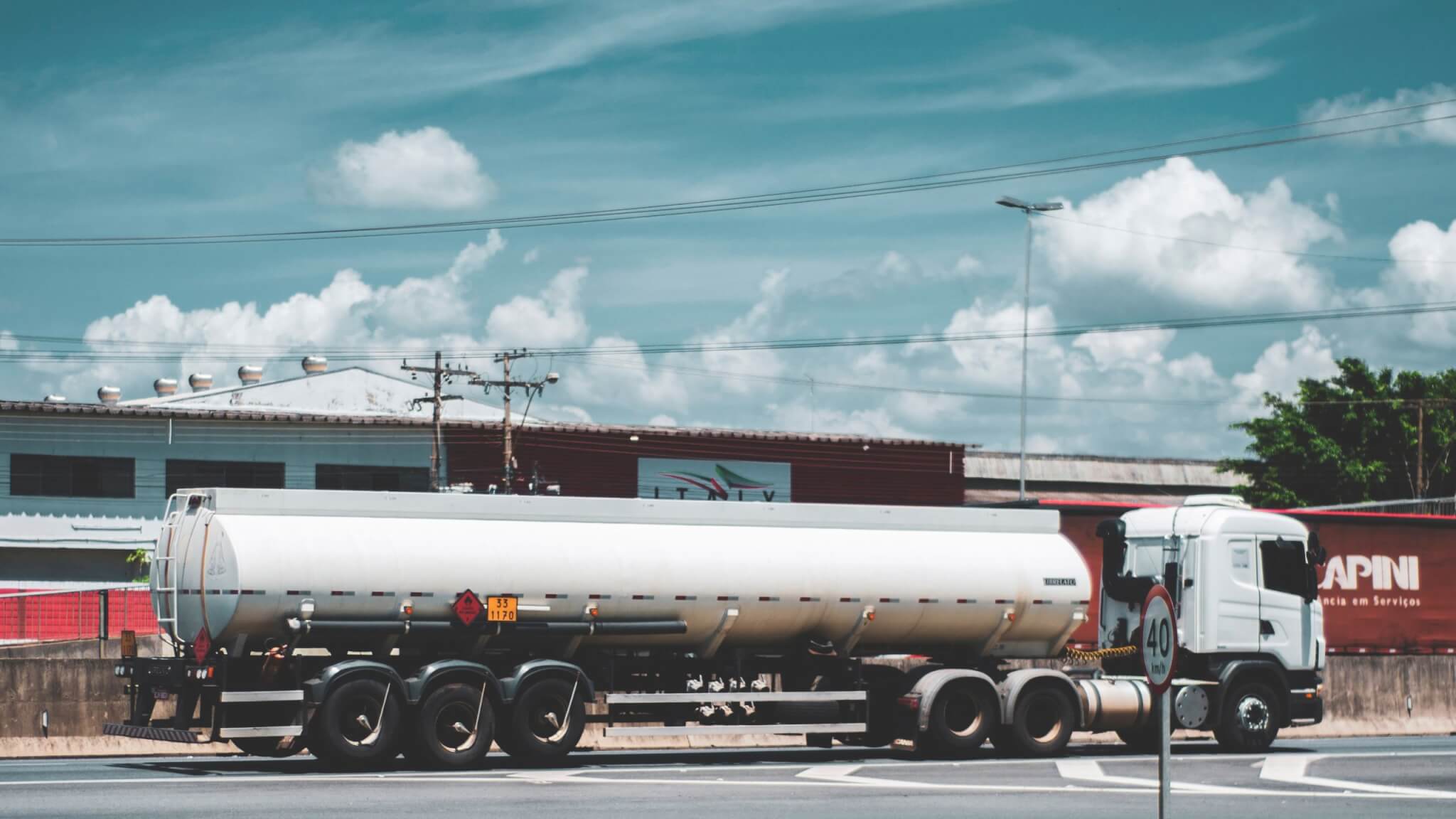 The most important thing to remember is that there are ways to minimise your fuel usage & help you reduce your operational costs. The next time you’re at the gas station, consider how these tips can help you save money and energy.
The most important thing to remember is that there are ways to minimise your fuel usage & help you reduce your operational costs. The next time you’re at the gas station, consider how these tips can help you save money and energy.




